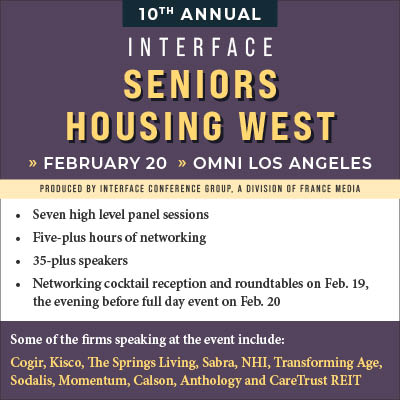If we are honest we will recognize that we don’t often have the time to see beyond the surface in our interactions with others.
We live in a busy age. Most of us often juggle work, kids, spouses, and a host of other commitments that keep us going from morning until night. If we are honest we will recognize that we don’t often have the time to see beyond the surface in our interactions with others. We exchange niceties such as “Hi, how are you?” without really wanting to hear more than a couple words response and we certainly aren’t expecting to actually engage in a dialogue. It’s simply a glancing blow at communicating with others, nestled in the midst of moving to our next task.
What’s the Damage?
But what is the fallout of our fast-paced, surface skimming interactions with the world? We often miss powerful moments of connection; times when we are able to truly see one another and look beyond everyday limitations or challenges. I was reminded of the importance of seizing these opportunities recently with one of our residents. It all started with a simple request.
I was walking through the dining room at lunch and greeted one of my favorite residents. Although wracked with the effects of Parkinson’s disease, she still retains a twinkle in her eyes and a sweet laugh and smile. Communication is difficult for her and it often takes an extended amount of time just to utter a couple sentences. As I was chatting with her table of ladies, she told me she wanted to meet with me. I asked her if she’d like me to come to her apt. and she replied with a halting “yes”. In my role as the Executive Director often people want to see me if they have a problem. Immediately my mind went through whole panoply of possible items she may want to discuss. She wasn’t a resident who normally complained either so that concerned me even more; what could be wrong?
A Visit of Remarkable Importance
I had an event that evening and asked her if I could come see her after that; she let me know that coming later (after 8pm) would be fine. I arrived to her apartment at approximately 8:30pm and she was seated in her chair watching TV. She asked me to turn it off and we began to talk. I asked her what I could help her with and her response was what stopped me in my tracks.
As I waited for her to tell me why she asked me to come over, the reason slowly emerged. She stated that she wanted to know about me; my education, experience, family, and so on. At first I thought I didn’t understand her correctly, but then I started to comprehend what she was asking. She didn’t have a complaint, she simply wanted to visit with me and know more about my life. You see, we talk every time I see her, but it isn’t ever more than a few small phrases. Not enough for her to really know much about me. And because of her Parkinson’s, it makes it tough for her to share much of import in just a few minutes of passing conversation. She requested the meeting so we could have a conversation.
I stayed for an hour. I shared things about my life, and asked her questions about her own. With great difficulty she answered all of my queries, and when it got tough for her to talk she would say “keep the conversation going” to let me know that I needed to talk for a while. She told me at one point “I have this disease which makes it hard for me to talk” and we discussed Parkinson’s, when she gave up driving, her age, kids, and even when she got divorced and why. Despite her challenge in communicating fluently, she was very clearly able to express herself in a succinct manner.
The “A-Ha” Moment
In the midst of our visit, one of our Med-techs came in to assist with her evening medications. One of our best employees, she is characterized by kindness and competence, coupled with an efficiency that is very valuable when serving multiple residents. I watched as she chatted happily with her, asking questions and going about getting her medications ready. I noted that while kind, she had to, out of necessity keep up a certain pace; she couldn’t stop for more than a couple minutes to talk. As a result this resident had scarcely a chance to answer the first question before the med-tech was out of the room. I watched the entire interaction and though brief, it was an “a-ha” moment for me.
It was weighty to me for one reason: I had the advantage of being there as a visitor, not wearing my Executive Director hat, and was able to see that I was getting a precious glimpse of this woman with whom I exchange words regularly. I was afforded the opportunity to really SEE her. I felt as though I had been given and incredible gift.
A Call To Action
As we were wrapping up our visit, I thanked her for letting me spend some time with her and she left me with these parting words “I needed someone like you”. I was humbled that she was able to relate that sentiment to me, but I am very aware that it was more than just a nice compliment. It was, in essence, a grand announcement to all in this industry. It was a call to action; that we must pay attention. It isn’t enough to perform tasks efficiently, but we must slow down, be attentive, and take the time to have a conversation beyond 1-2 minutes. How easy it is to forget the simple pleasures of life, like having a real conversation, and how they can be missed when it is no longer effortless to have them.
I urge you to take the time to listen to what your residents are saying. Pay attention. Don’t let the busy-ness and demands of your day interfere with the sweetness and efficacy that one discourse can afford.
You won’t be sorry.
Leslie







